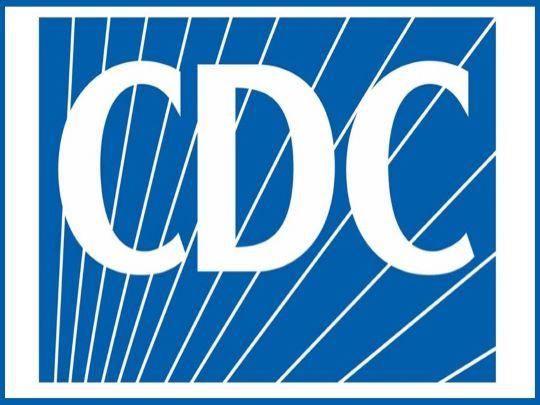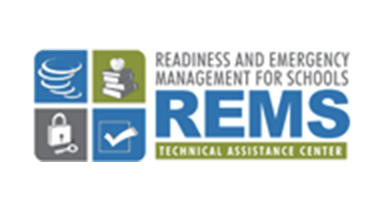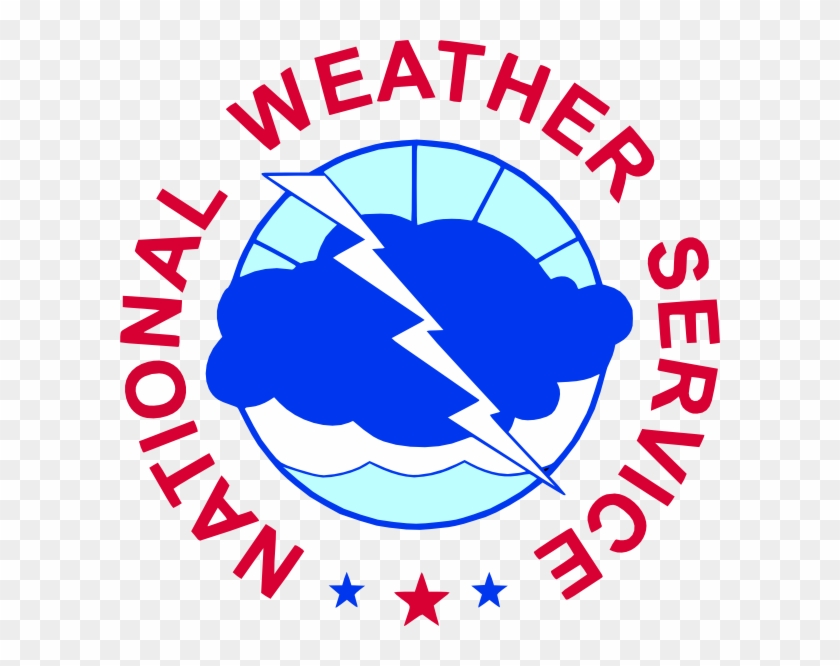Responding to a School Crisis
Research suggests that approximately 25% of American children will experience at least one traumatic event by the age of 16. A child’s reactions to trauma can interfere considerably with learning and/or behavior at school. Schools serve as a critical system of support for children who have experienced trauma.
Read MoreReturning to School After a Disaster: Tips to Help Your Students Cope
Public health emergencies and disasters affect millions of children worldwide each year. These emergencies and disasters include natural events (such as severe weather, earthquakes, fires, floods, and tsunamis) and man-made events (such as acts of terrorism). An emergency or disaster can be destructive to a child’s physical environment, as well as affect their mental health.
Read MoreSafe School Plan and Continuity of Operations Guidance for Schools
This Safe School Plan and Continuity of Operations Annex template is designed to assist schools in the development of a Safe School Plan and the identification of essential services necessary to continue during the closure of schools. Download the document.
Read MoreSafety precautions for portable classrooms
Portable, or “relocatable”, classrooms have been a feature of many school districts for years. From a district’s for years. From a district’s perspective, the two advantages of portable classrooms are low initial cost and
Read MoreSAMHSA’s Disaster Distress Helpline
The Disaster Distress Helpline puts people in need of counseling on the path to recovery. Our staff members provide counseling and support before, during, and after disasters and refer people to local disaster-related resources for follow-up care and support.
Read MoreSchool Chemistry Laboratory Safety Guide
In 1984, the Council of State Science Supervisors, in association with the U.S. Consumer Product Safety Commission and the National Institute for Occupational Safety and Health, published the safety guide School Science Laboratories: A Guide to Some Hazardous Substances to help science teachers identify hazardous substances that may be used in school laboratories and provide…
Read MoreSite assessment tools
This free, secure mobile app designed specifically for education agencies allows personnel to walk around buildings and grounds and examine their safety, security, and accessibility, and
Read MoreSuicide Prevention
The Georgia Department of Education provides an extensive list of resources and training materials for preventing student suicides. Click here to view the complete list of resources now.
Read MoreTornado Preparedness for Schools
The most important part of tornado safety in schools, and in similar logistical arrangements such as nursing homes, is to develop a good tornado safety plan tailored to your building design and ability to move people. Sample School Schematic I have found, through damage surveys and other visits, that a lot of schools settle for…
Read More






